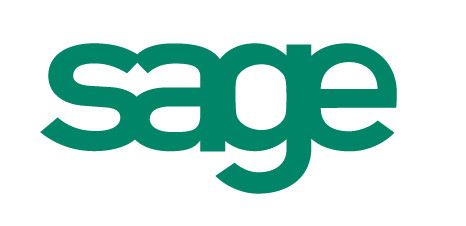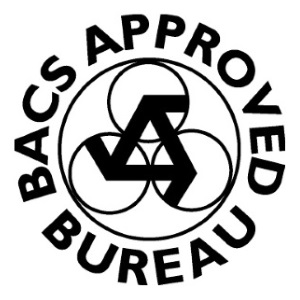The tax benefits of pensions
The tax benefits of paying into pensions are obvious: instead of paying tax on your money, you’re saving it, and while it’s in your pension your money is increasing, tax-free.
Contributing to a pension can also help you make the most of your tax-free allowances and reduce other tax bills, such as income tax, capital gains tax and inheritance tax.
Here are some of the ways your pension can help make your money work harder:
Take advantage of income tax relief
Income tax relief is an incentive to save for the future, whereby the government puts some of the money that you would have paid in income tax into your pension instead.
Income tax relief is calculated at your highest rate, so if you pay basic rate income tax at 20%, every £100 put into your pension will actually only cost you £80. If you are a higher-rate taxpayer your £100 will cost you £60, and £55 if you are an additional rate taxpayer.
Basic rate taxpayers have tax relief automatically added, but if you are a higher or additional rate taxpayer, check whether you need to claim back anything over that 20% from HMRC.
Be aware that the allowance may be lower for those whose adjusted income is over £150,000 or those who have already drawn from a defined contribution pension.
Consider salary sacrifice
Salary sacrifice reduces income tax and NI contributions for you and your employer. This has been proven useful for people who earn £50-60,000 and want to retain child benefit, or people who earn £100-125,000 and want to retain their personal allowances.
You should be aware that a salary sacrifice alters your employment contract, and may affect future calculations of pensions, redundancy and statutory payments for maternity, paternity or shared parental pay.
Withdraw some pension as a tax free lump sum
From age 55, you can withdraw up to 25% of your pension fund’s value tax free. Whether you use it for a house refurbishment or a holiday of a lifetime, invest the remainder in a tax-free vehicle such as an ISA to avoid paying income tax on it in the future. If you have already used up your ISA allowances, you may be able to put some of it into a new pension, but take expert advice as the rules are very strict. Alternatively, delay withdrawing the tax free amount as it can provide an inheritance shelter.
Use your pension allowances
As always, you should look carefully to check you have used all of your pension allowances. Pension allowances can be backdated three years so check you have maximised your contributions.
Consider pensions for your family
You can pay up to £2,880 into pensions for your children and grandchildren. Even if they do not earn anything, the government will still apply income tax relief, increasing the value of contributions by 20% up to the maximum of £3,600. They have the added bonus of not being subject to inheritance tax, providing you survive for 7 years after making the gift or if it is funded out of your income (normal expenditure out of income).
Use your pension as part of inheritance tax planning
The inheritance tax threshold is currently £325,000 per person, so you should keep any assets over this amount in a pension, as pensions are not counted for IHT purposes.
If you have any questions about tax or the benefits of pensions, contact our tax team on 0161 476 9000.











